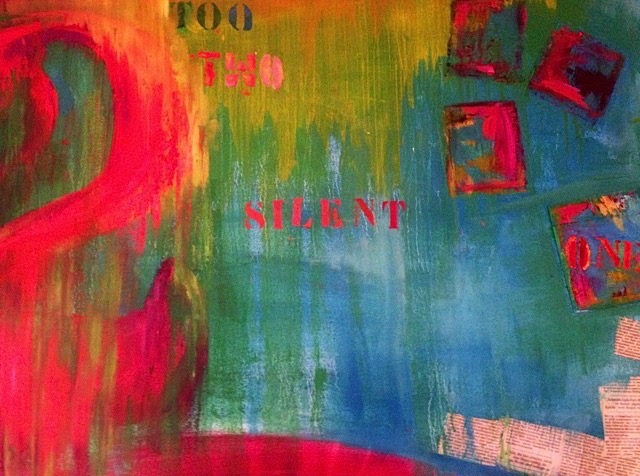|
"We should endeavor to be long-suffering, faithful, and charitable with all. To this small effort let us add one more privilege — namely, silence whenever it can substitute censure. Avoid voicing error; but utter the truth of God and the beauty of holiness, the joy of Love and 'the peace of God, that passeth all understanding,' recommending to all men fellowship in the bonds of Christ.“ Mary Baker Eddy writes this in her short text No&Yes which I have close to my desk for some years now. How do we put this into action?
It was during my Master’s thesis that I realized I needed a cancellation policy for my own words. A clear rule. Something like applying a cancellation policy for a subscription you don’t need any more. At the beginning of my Master's, my research and writing didn’t go as planned. So whenever anyone asked how I was doing, I poured out a litany of complaints. When I was alone I tried to pray and listen for Love’s guidance. After some time I saw how this litany counteracted my prayers, and in order to grow spiritually and academically I cancelled it. I refused to refer ever again to my current assignment in a negative way. I decided to watch out for the good that was already there, and I mentioned to others that things were unfolding at their own speed. Soon enough ideas started to flow, followed by sentences to write down, and I finished my Master’s thesis in time, receiving a wonderful grade. This experience taught me to move forward with other cancellations over the years, and here they are: No "how sad": I have eliminated completely from the way I speak or write the words „how sad“. Even if for example these words were employed to express the gentle regret that a friend cannot accept an invitation, I still don’t do it. I know how it makes me feel when I meet with this response. No "written criticism": This is tricky, because, of course, anybody has to discriminate, especially if we are responsible for others. But I tried to reduce criticism in writing, and I have made it a point in writing down praise instead of just saying it to someone whenever I can. Some things are better said than written, and vice versa. Writing something down gives any topic more weight than it usually has. It grants it at least a longer life. This rule has not been easy to apply in work-related environments, yet it has helped me to keep my writing pure, to support others, and to be a peacemaker under difficult circumstances. No "I must": I strive to purge my daily words and written language from the word "must" in the context of the next actions I need to take. I don’t need this little extra weight when I do shopping, cooking, cleaning, supporting a nursing case, putting something into order, substituting for a friend, walking to the post office etc. I claim for me peaceful and happy unfoldment of good, every day. Paul is a fabulous life coach, not just for the first tiny Christian communities but also for us today. His list of life hacks is totally up to date, it is to be found in his first letter to the Thessalonians 5: 14-22. If you want to improve your speech as well, you might enjoy checking in with the book of James, in which we find this observation: "We all stumble in many ways. Anyone who is never at fault in what they say is perfect, able to keep their whole body in check. (…)take ships as an example. Although they are so large and are driven by strong winds, they are steered by a very small rudder wherever the pilot wants to go. Likewise, the tongue is a small part of the body, but it makes great boasts." |
Who is writing?
In my work as Christian Science practitioner and writer I draw on listening to God and listening to people. Categories
All
My Archive
October 2023
|





